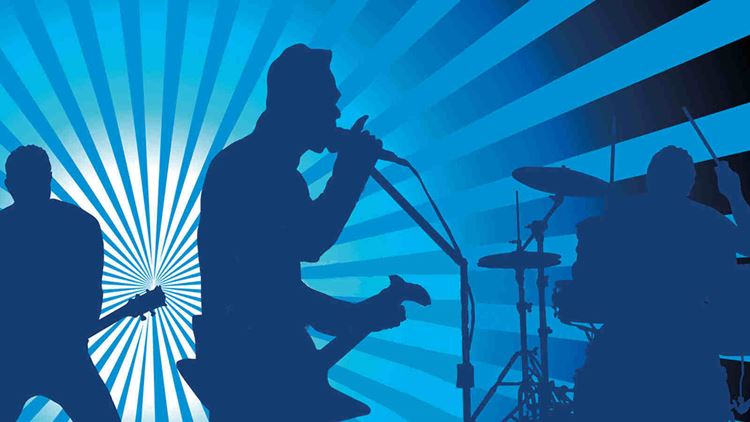
Musicians with hearing loss
Musicians are more likely to have hearing loss than their non-musical counterparts. The bang of the drums, the blare of a loudspeaker, and the thump of the bass are all triggers for noise-induced hearing loss and tinnitus.
Created Updated
These days musicians are able to use high-quality ear plugs to protect themselves from high volumes, but for many older musicians the damage has already been done.
Take these musicians, who have publicly acknowledged their battles with hearing loss and tinnitus:
Neil Young
In 1992, superstar Neil Young recorded “Harvest Moon,” a softer album than his preview works. He told MOJO Magazine that he “didn’t want to hear any loud sounds. I still have a little bit of tinnitus, but fortunately now I’m not as sensitive to loud sounds as I was for a year after the mixing of ‘Weld’ [in 1991]. My hearing’s not perfect, but it’s okay.”
Phil Collins
Phil Collins retired from his legendary music career in 2011, citing health reasons. One of Collins’ major health problems was the loss of hearing in his left ear. Collins later returned to music, with a focus on composing.
Chris Martin
The Coldplay musician told the UK’s Action on Hearing Loss, “Looking after your ears is unfortunately something you don’t think about until there’s a problem. I’ve had tinnitus for about 10 years, and since I started protecting my ears it hasn’t got any worse (touch wood). But I wish I’d thought about it earlier.”
Peter Townsend
Known for his time with “The Who,” Peter Townsend speaks openly about his hearing loss, often blaming it on studio headphones.
It isn’t just rock n’ roll legends who suffer from hearing loss and tinnitus. Classical musicians are also at risk. A Finnish study of classical musicians found that 15 percent of them suffered from hearing loss. “Temporary tinnitus” during rehearsals affected 41 percent of them. Despite these statistics, less that 25 percent of these musicians studied used hearing protection.
Luckily, noised-induced hearing loss and tinnitus can be avoided. If you’re a musician, speak with a hearing professional about how to protect your ears from loud noise exposure.